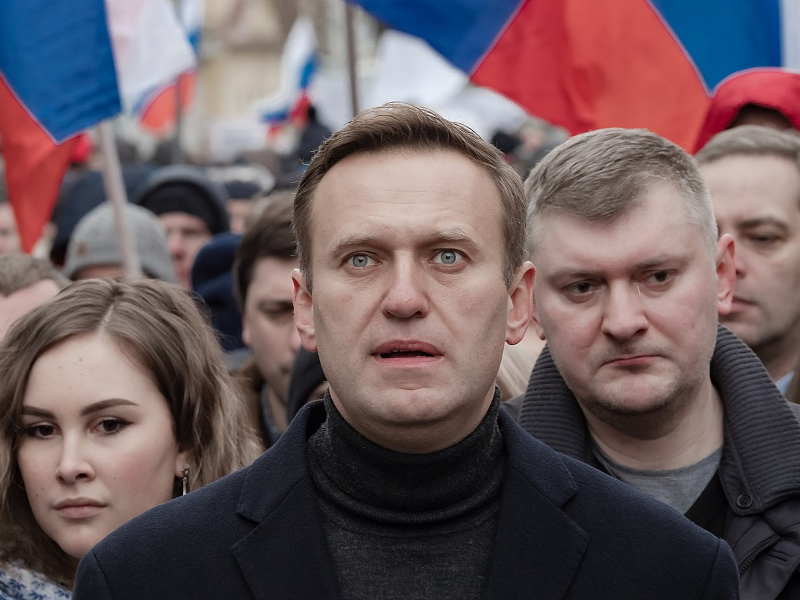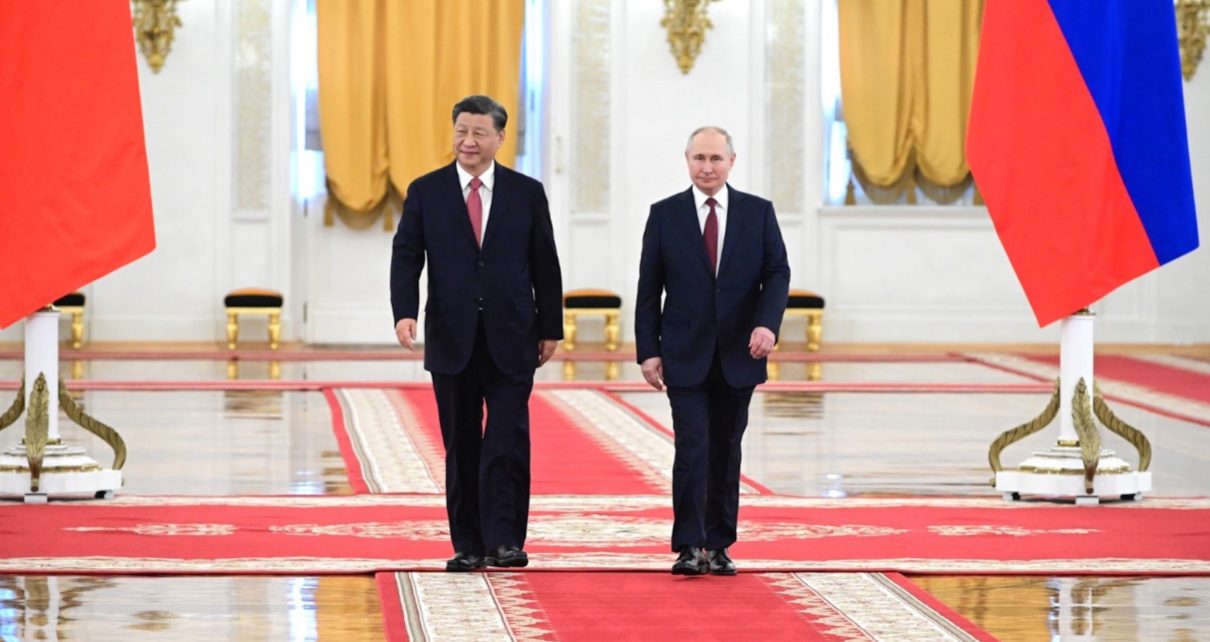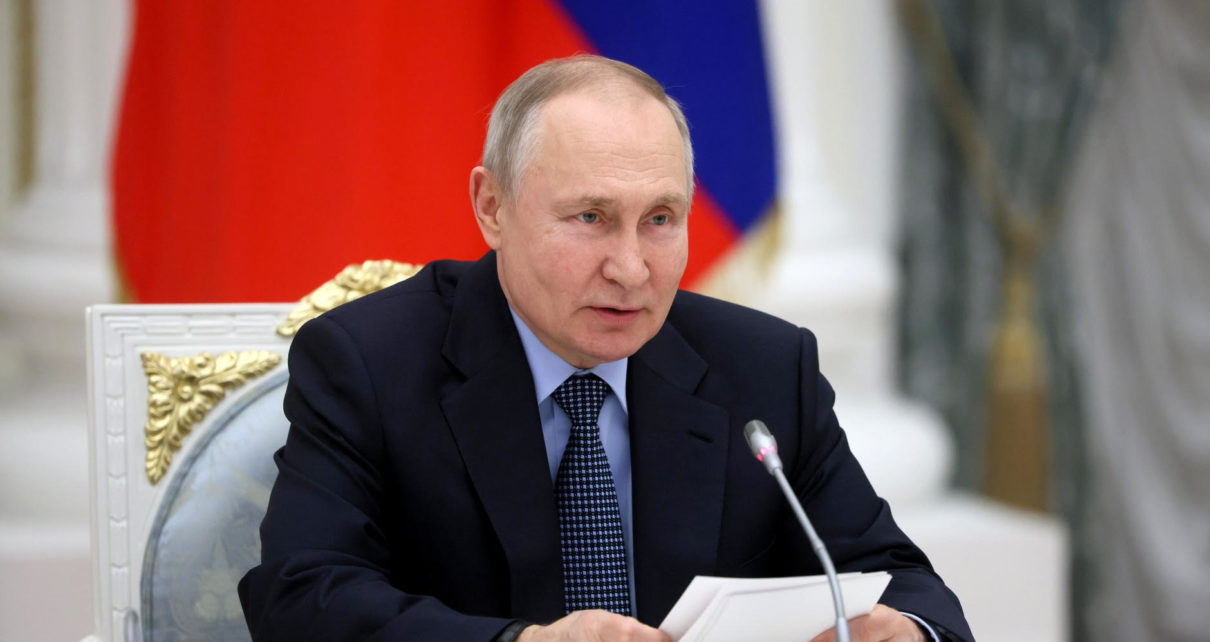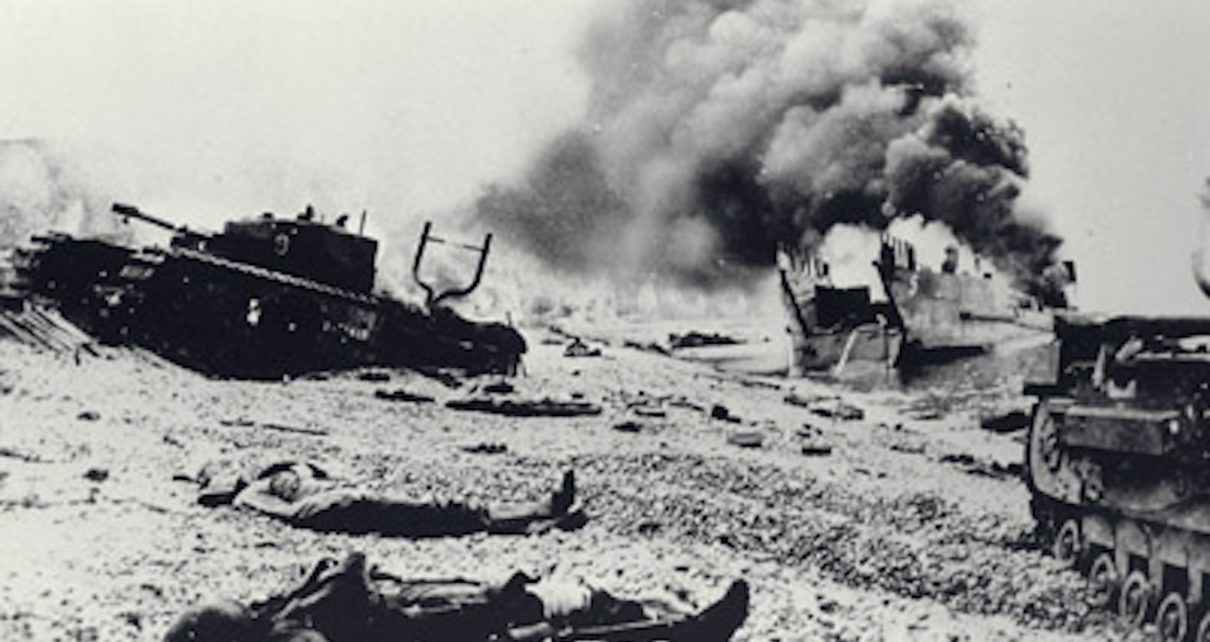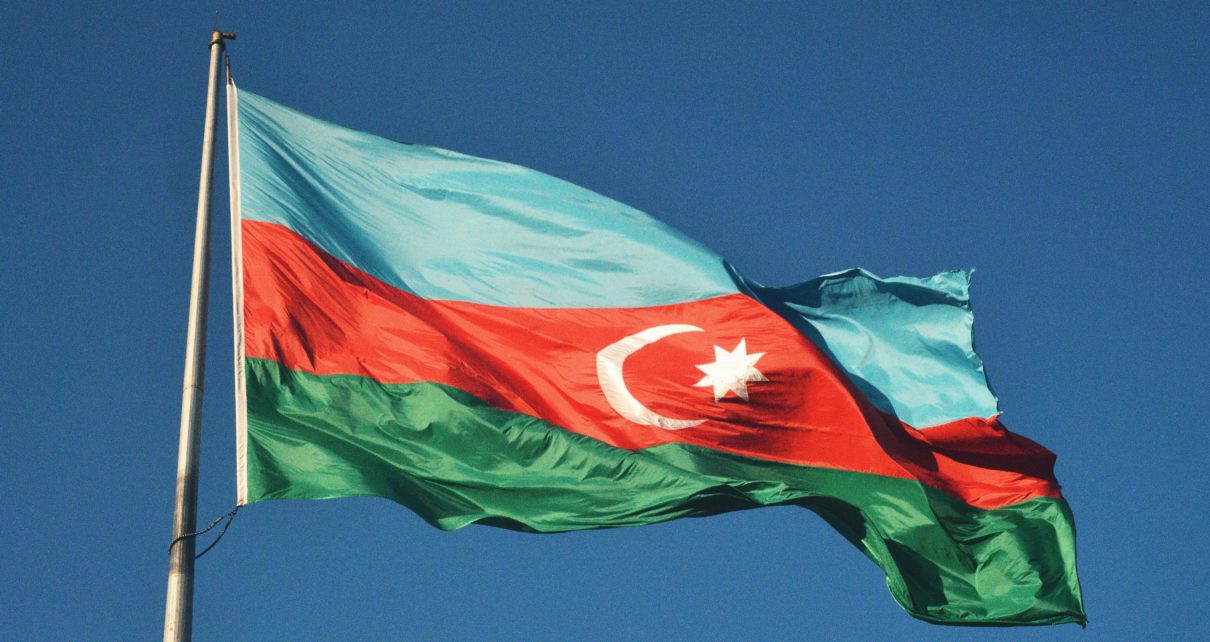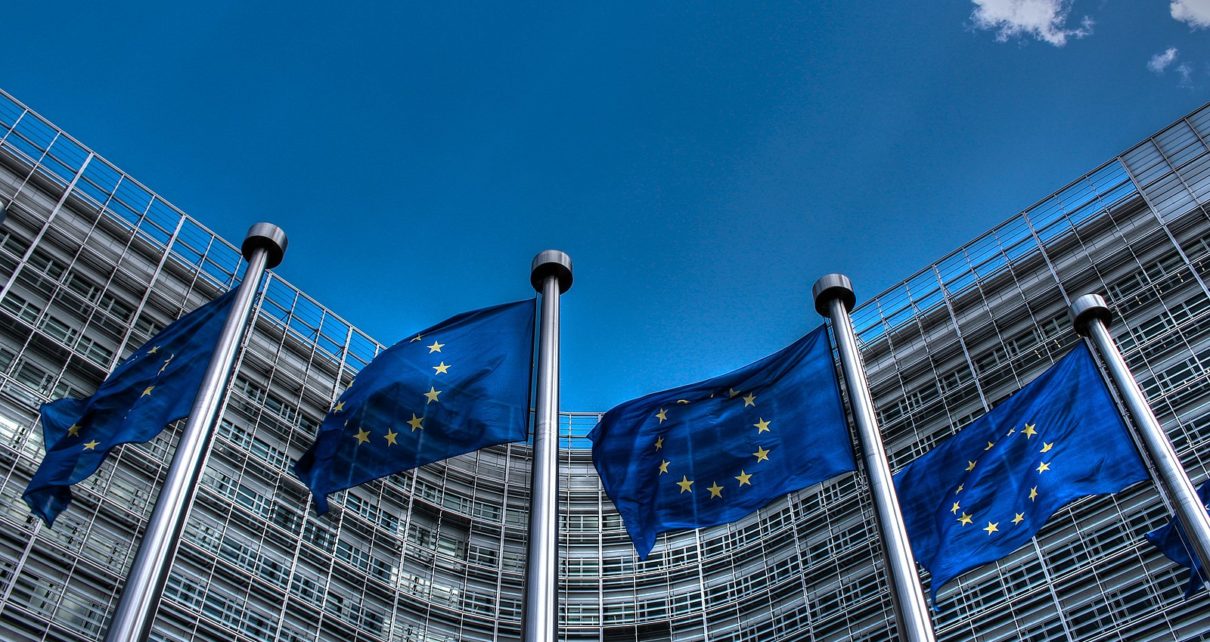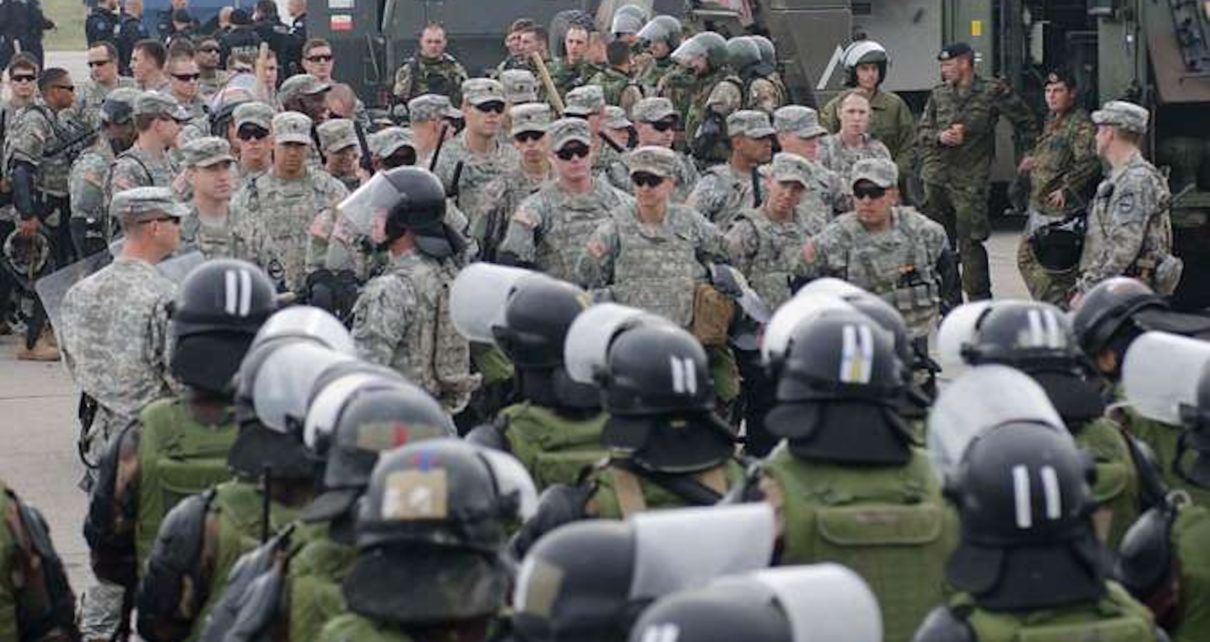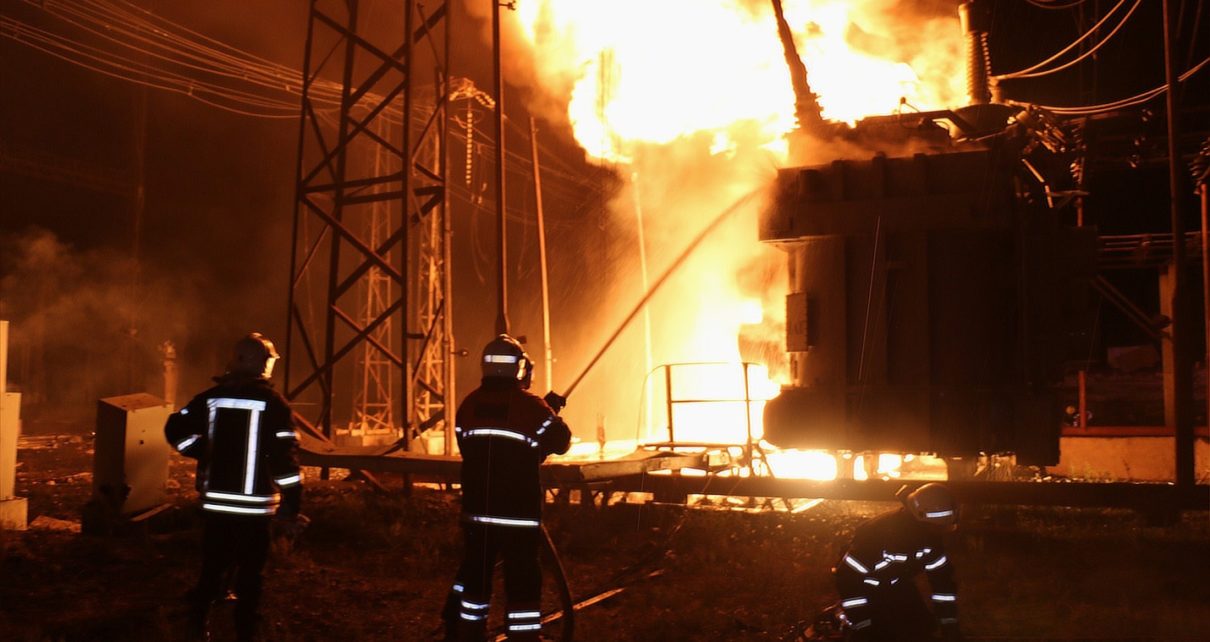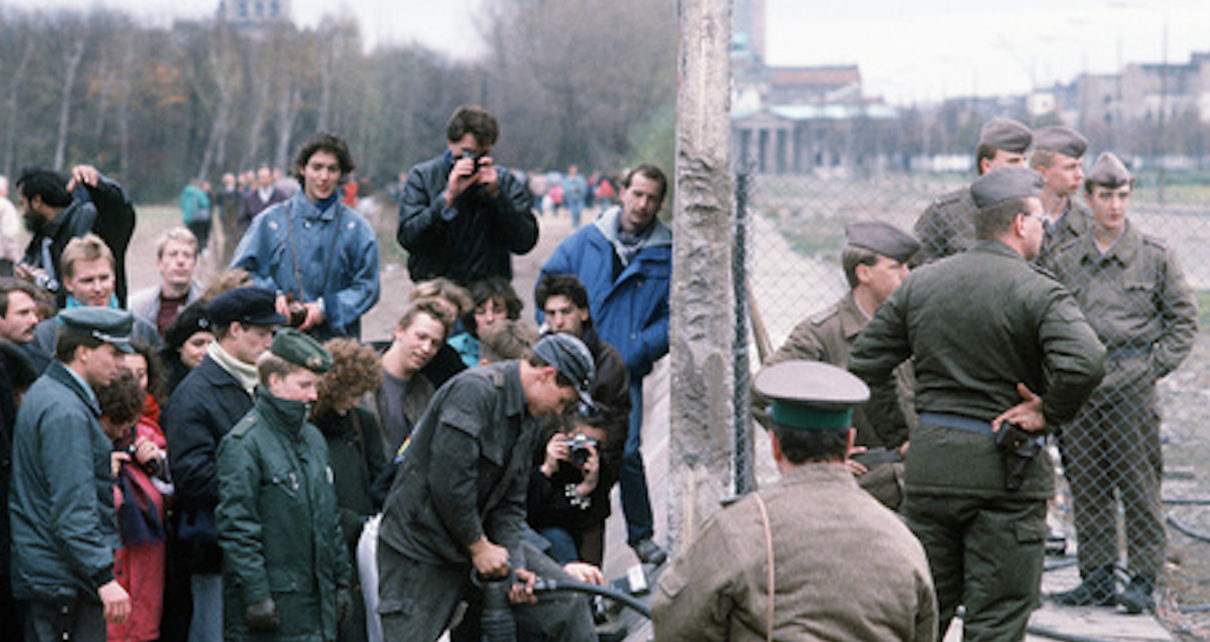It’s been over two months since Alexei Navalny died in prison. Internationally recognized as Vladimir Putin’s leading critic, Navalny led a bold and courageous journey of challenging the corruption of the Kremlin. In 2011, he founded the Anti-Corruption Foundation to expose the government’s deceitful activities and actively led protests rallying against Putin’s regime. Navalny believed Read More…
Tag: Russia
Navigating BRICS Expansion with an Eye to China and Russia: A Strategic Perspective
BRICS, the hitherto five-state grouping of emerging countries that, until now, included Brazil, Russia, India, China and South Africa, expanded in early 2024. This enlargement doubled BRICS’ membership to include authoritarian members Egypt, Ethiopia, Iran, Saudi Arabia, and the United Arab Emirates (UAE), but with Argentina desisting from joining after the election of President Milei. This is the first BRICS Read More…
Forever Putin? The Greater Implications of Russia’s Election Results.
A fifth term secured in power. Another six years claimed as the country’s head of state. On track to becoming the Kremlin’s longest serving leader since Soviet dictator Joseph Stalin. Welcome to the world of Mr. Vladimir Putin. Last month, Russia held its eighth presidential election, although it was predetermined who would emerge victorious. Yet, Read More…
Will it take a military disaster to convince Canadians that defence must be taken seriously?
March was not a great month for Canadian defence policy, even such as it is. It began with the publication by the CBC of a December 2023 Department of National Defence report stating that: “Only 58 per cent of the Canadian Armed Forces (CAF) would be able to respond if called upon in a crisis Read More…
NATO75 – Making the Most of Black Swans
There is an apocryphal quotation commonly attributed to Vladimir Lenin, that, “There are decades where nothing happens, and there are weeks where decades happen.” This apposite reflection on the uneven velocity of historical change could have been written of the new, narrow epoch the Atlantic Community finds itself in at the current moment. Only five Read More…
Southern Gas Corridor Meeting Deepens EU–Azerbaijan Energy Cooperation
Dr. Robert Cutler writes on the 10th Ministerial Meeting of the Southern Gas Corridor Advisory Council, which he describes as an important milestone in EU-Azerbaijani energy relations.
Mapping Russian Disinformation Narratives And Their Influence Across Europe In The Face Of The 2024 European Parliament Election
Since Russia’s full-scale invasion of Ukraine, the threat of pro-Kremlin disinformation in Europe has become a matter of increasingly pressing concern. This is particularly true for NATO members that provide Ukraine with significant military and humanitarian aid. Between February and March of 2022, Russia’s state budget for mass media increased by 433 percent, as “the audience and reach Read More…
“CIMIC” Doctrine in Post-Conflict Missions and Humanitarian Operations under NATO-led forces: The KFOR Case
Abstract: This article compares experiences gained in KFOR and ISAF and what they might equip Allied leaders to anticipate in the Western Balkans, should Moscow begin to create trouble on that front to shore up its position in Ukraine. Post-conflict missions and humanitarian operations conducted by NATO-led forces have revealed successes, lessons learned, and challenges to civil-military Read More…
Russia’s Energy Hybrid Warfare and the Limits of the West’s Strategic Decoupling
Abstract: How has the EU’s strategic decoupling from Russia in the energy sector impacted Moscow’s war of aggression in Ukraine? In this article, Program Editor Mark Davis Madarang Pablo examines the latest results of such strategy in response to Russian weaponization of energy and provides policy options for EU and NATO member-states and global partners. Read More…
Special Report: Did NATO “Promise” Russia Not to Enlarge?
A common trope in Russia’s discourse about NATO is the charge that the organization has not dealt with Moscow in good faith. Many Russians, of which Putin is a particularly vocal example, allege that Western officials assured their Soviet counterparts during the Two Plus Four negotiations (West Germany and East Germany plus the US, USSR, France, and the UK) on German reunification in Read More…

